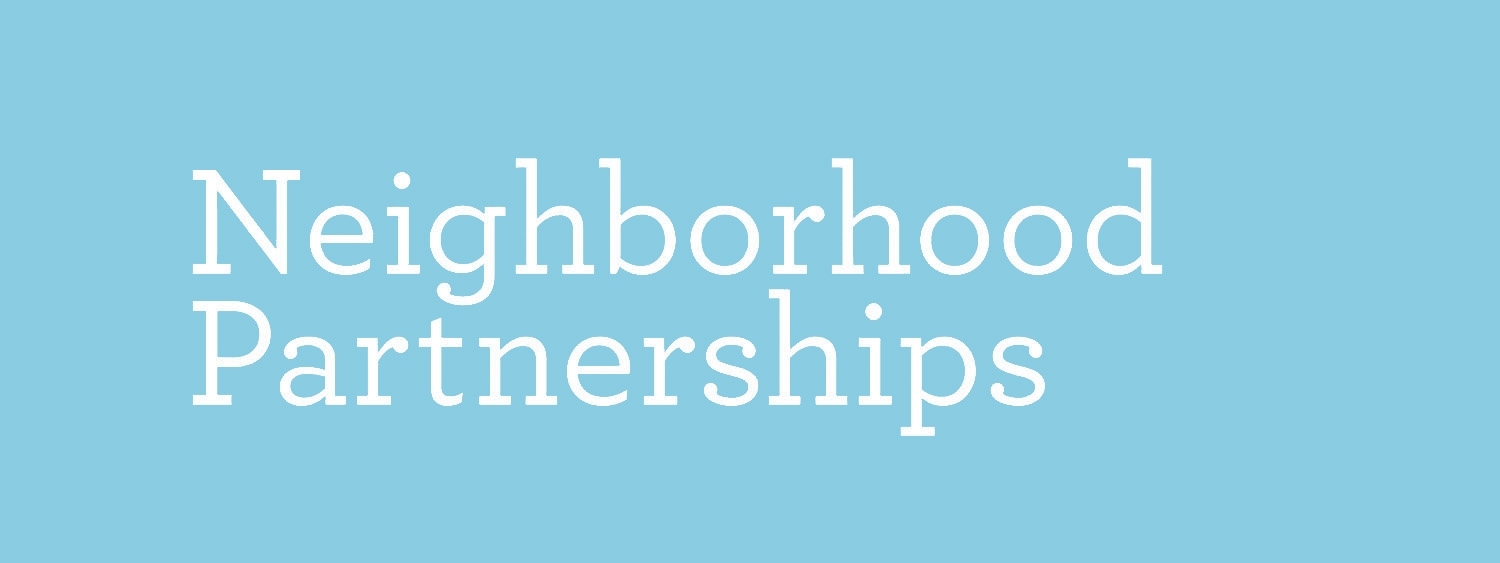The 2017 Housing Opportunity Agenda
A stable home is the foundation for creating a healthier life for families, educational opportunities for kids and more economically vibrant communities—but a growing number of Oregonians lack this foundation in the midst of the state's acute housing shortage.
We called on the Legislature to take bold action in 2017 to help prevent and end homelessness, protect tenants, and create new affordable housing and preserve what we have. The Housing Alliance advocated to:
Meet emergency needs across Oregon
Emergency Housing Account and State Homeless Assistance Program: increase to $50 million (HB 5012)
These programs provide critical funds to local communities to prevent and end homelessness and provide emergency shelter. Learn more.
Success! $40 million in general fund for 2017-19 biennium.
Protect the four in ten Oregon households who rent their homes (HB 2004B)
Just cause eviction standard
Today, many tenants in Oregon can be evicted at any time, for any reason. HB 2004B requires landlords have a just cause for eviction after the first nine months of a month-to-month tenancy. Just cause evictions mean a landlord can only evict a tenant for reasons set out in law, such as nonpayment of rent or other lease violations, or for “no fault” reasons such as a landlord moving in. Learn more about the problems with no-cause evictions and how just cause evictions work.
Outcome: HB 2004 passed out of the House, the Senate Committee on Human Services, and the Senate Committee on Rules. HB 2004 was not brought to a vote on the floor, and died on Senate President Courtney’s desk.
Increase our supply of safe, stable, and affordable housing
Oregon Affordable Housing Tax Credit: increase cap to $25 million (HB 2852A)
The Oregon Affordable Housing Tax Credit helps fund development and preservation of affordable housing. The credit expires in 2020. The Legislature should renew the credit, and increase the cap to $25 million (currently $17 million) to develop and preserve more homes for people with low incomes. Learn more.
Success! HB 2066, the omnibus tax credit bill, included the critical pieces of HB 2852, extending the sunset on the credit to 2026 and increasing the cap to $25 million.
Document Recording Fee: increase of $20 (HB 3357A)
Document recording fee revenues provide critical and flexible funds to affordable housing. 10% is directed to prevent and end homelessness, 14% to promote homeownership, and 76% to multifamily affordable housing development. This request would double the current fee to $40. Learn more.
Outcome: HB 3357 passed out of the House Committee on Human Services and the House Committee on Revenue. It did not move out of the Joint Committee on Ways and Means.
Local Innovation and Fast Track (LIFT) program: General Obligation bonds of $100 million (SB 5505)
These funds would create much-needed affordable housing throughout our state, helping communities meet their housing needs. Learn more.
Success! $80 million in general obligation bonds were allocated for the LIFT program.
Protect existing affordable housing through critical investments
Funding to preserve existing affordable homes: request for $100 million (SB 5530)
Across Oregon, thousands of apartment homes exist that are at risk of loss. We can ensure these properties remain affordable through reinvestment. Priorities include the preservation of federally assisted projects or projects with maturing federal mortgages; preservation of manufactured home parks; or public housing that is eligible for recapitalization. Learn more.
Success! $25 million in lottery-backed bonds.
Capital gains tax exemption for multifamily affordable housing
A capital gains tax exemption could encourage property owners to sell existing affordable housing properties to nonprofits or housing authorities, helping retain their affordability. Learn more.
Outcome: HB 2879 did not move forward due to a technical issue.
Protect existing homeowners and help to create new homeowners across Oregon
Revolving loan fund for development of new affordable housing: $25 million (HB 2570A)
This proposal would create a revolving loan fund to develop homes for sale, to replace manufactured homes, or to acquire and rehabilitate existing homes. Learn more about the revolving loan fund, and learn more about the importance of homeownership here.
Outcome: HB 2570 passed out of the House Committee on Human Services. It did not move out of the Joint Committee on Ways and Means.
Oregon Foreclosure Avoidance program – $3.29 million (HB 5012)
This program provides counseling for homeowners facing foreclosure. It is highly successful at preventing foreclosures and instability. Learn more.
Success! $1.3 million for the 2017–2019 biennium.
The Housing Alliance supported a number of other housing opportunity proposals. View our support agenda and outcomes here.
For more information on housing and the 2017 legislative session, see the Oregon Legislative Policy and Research Office's summary of housing-related legislation.



